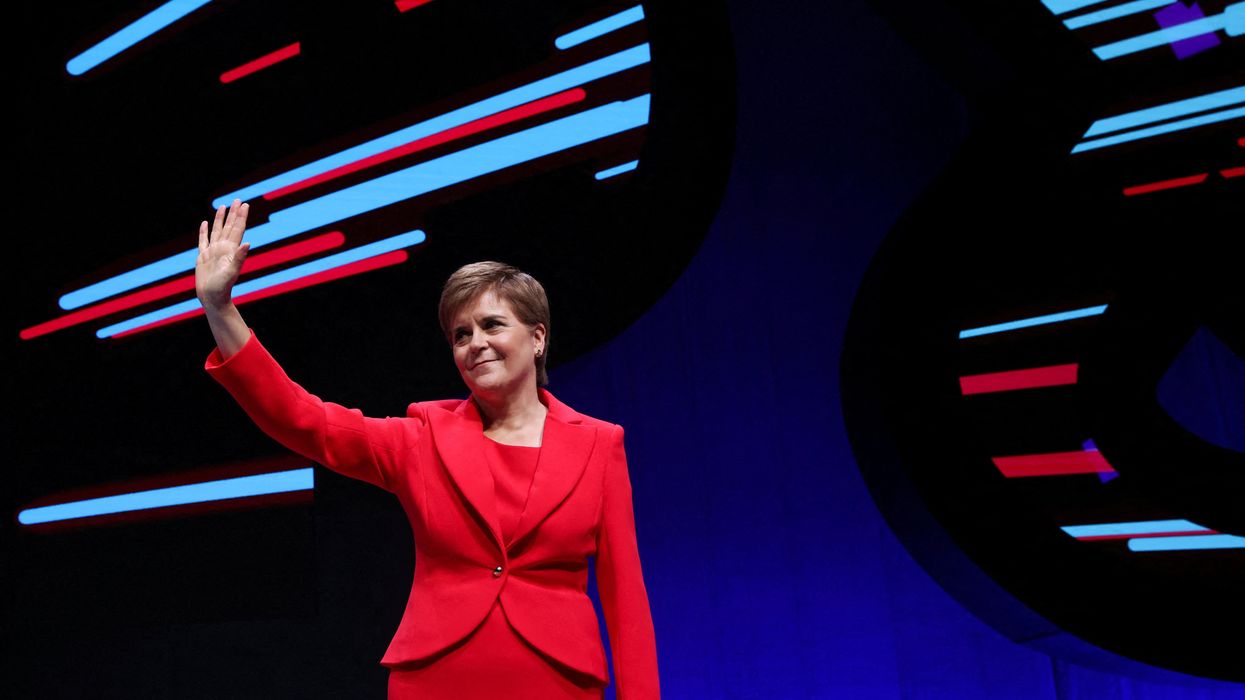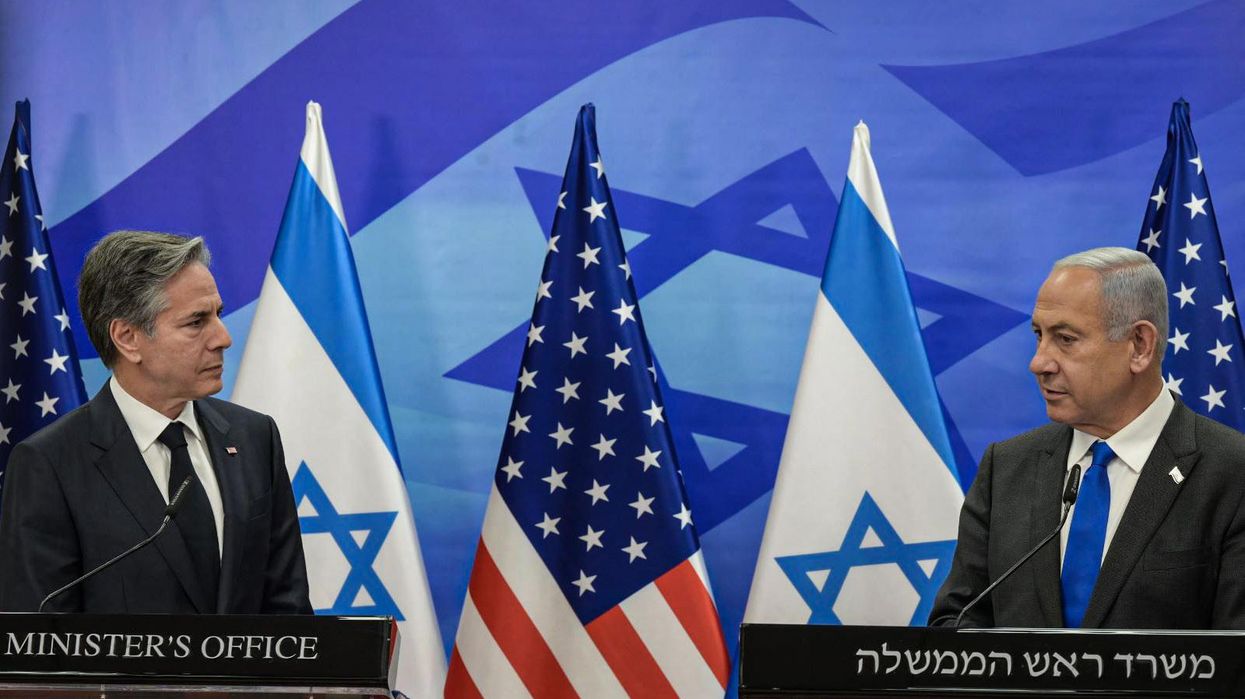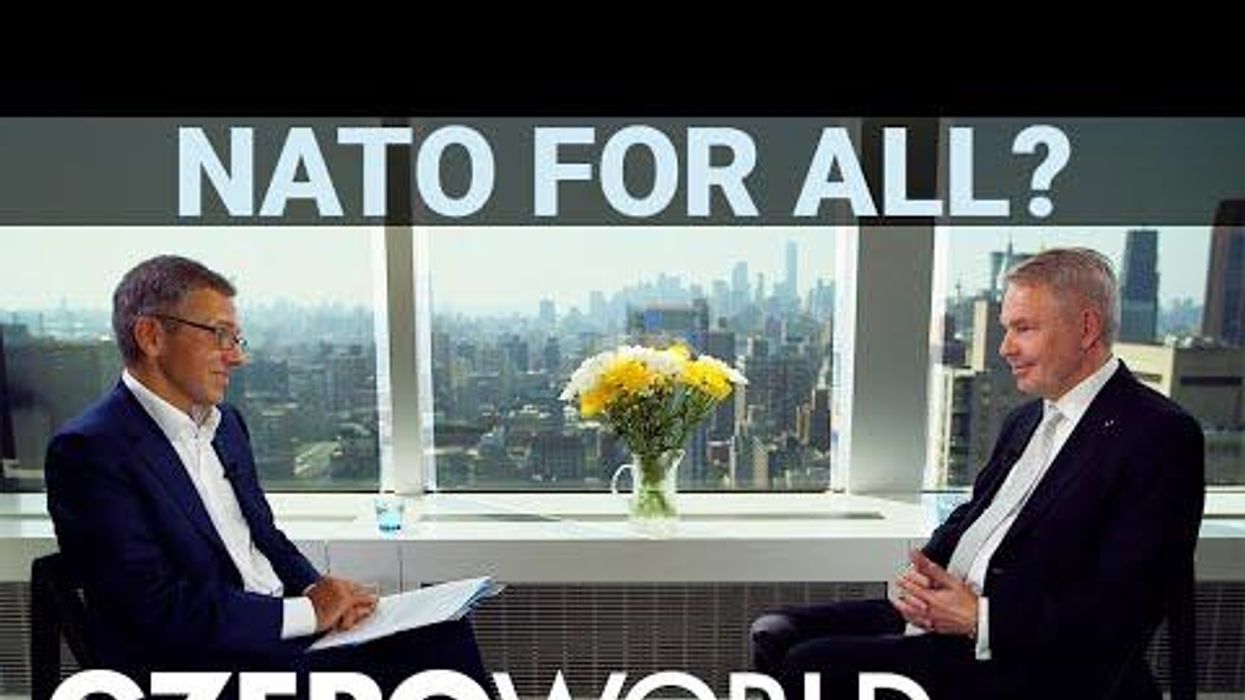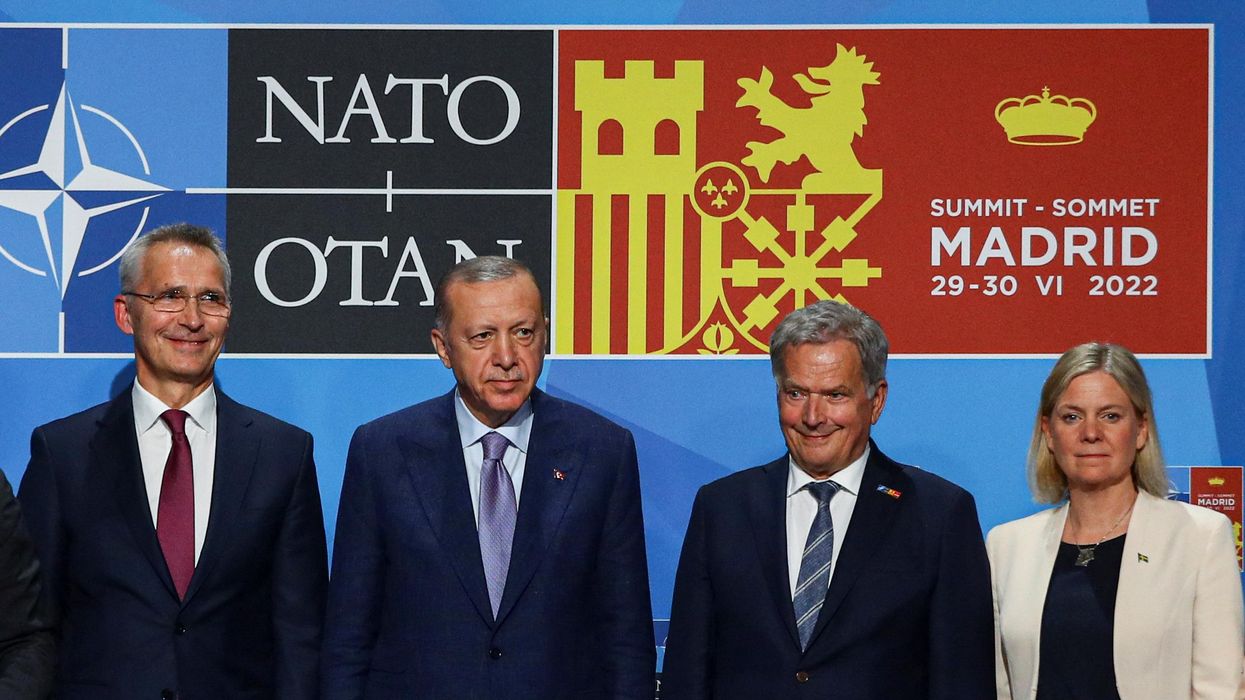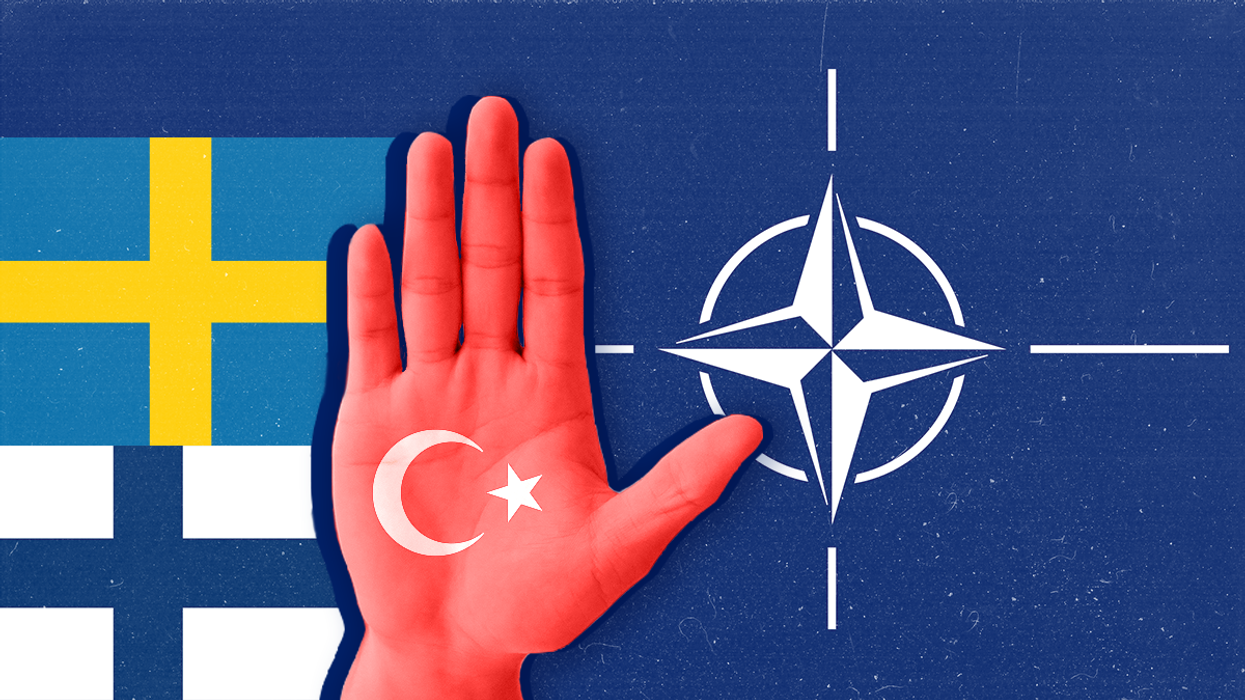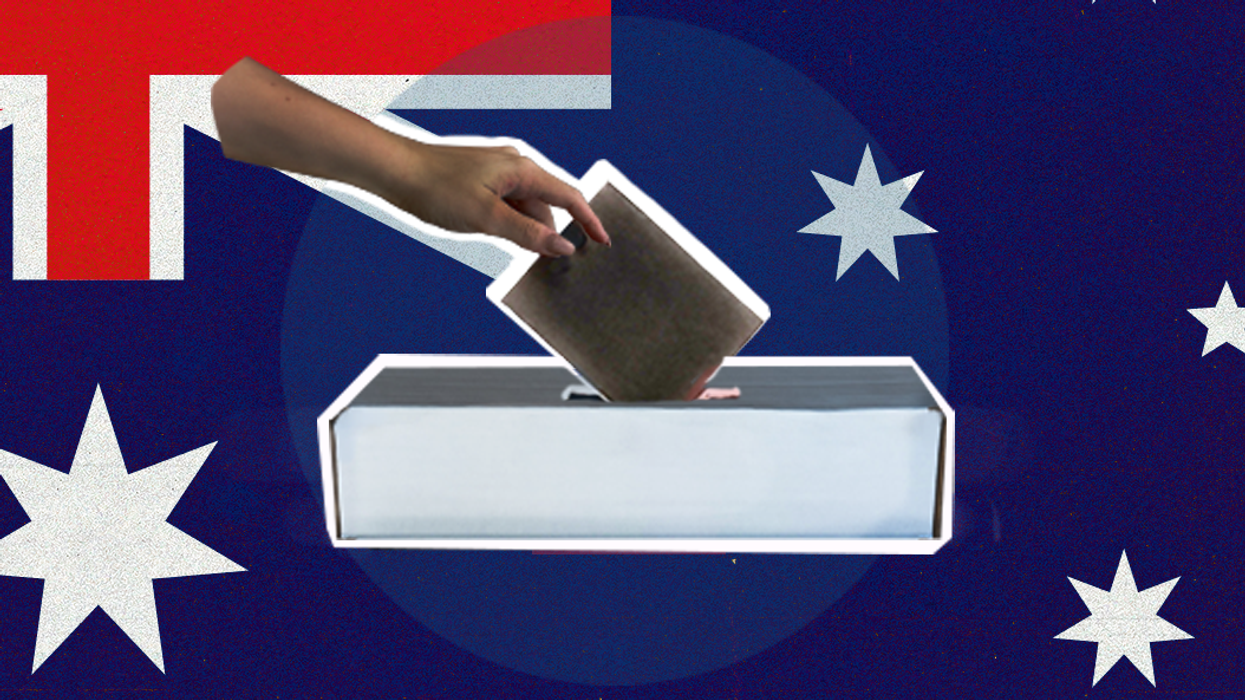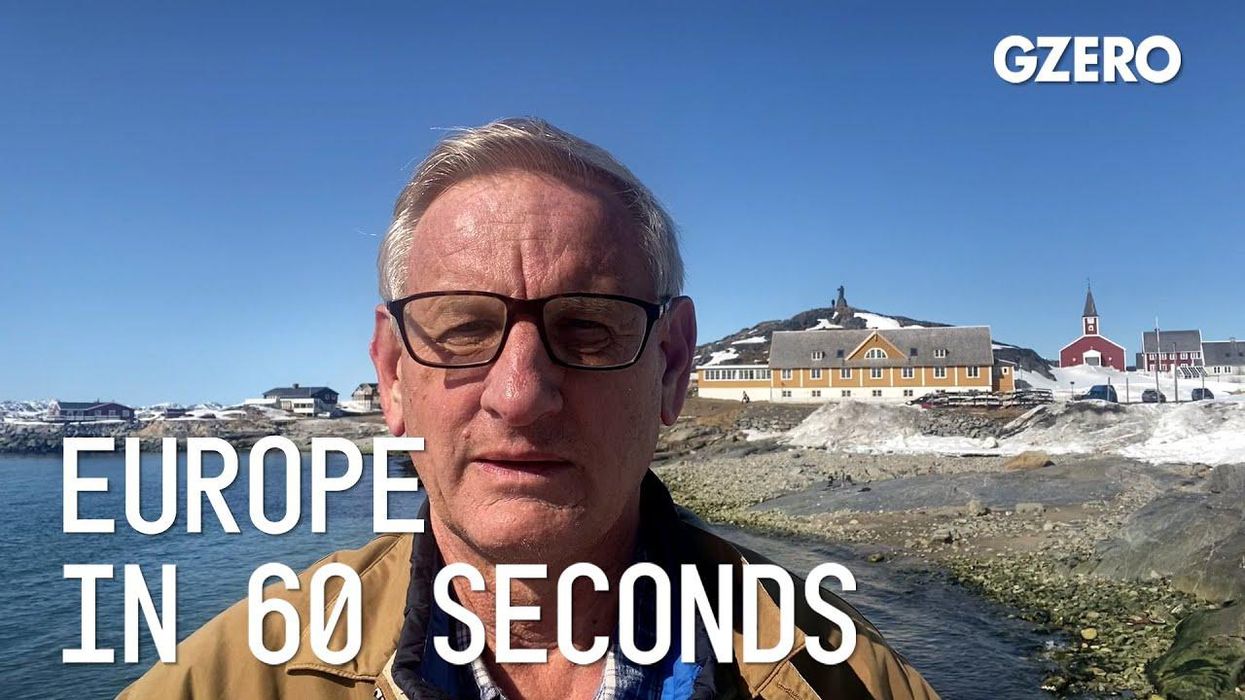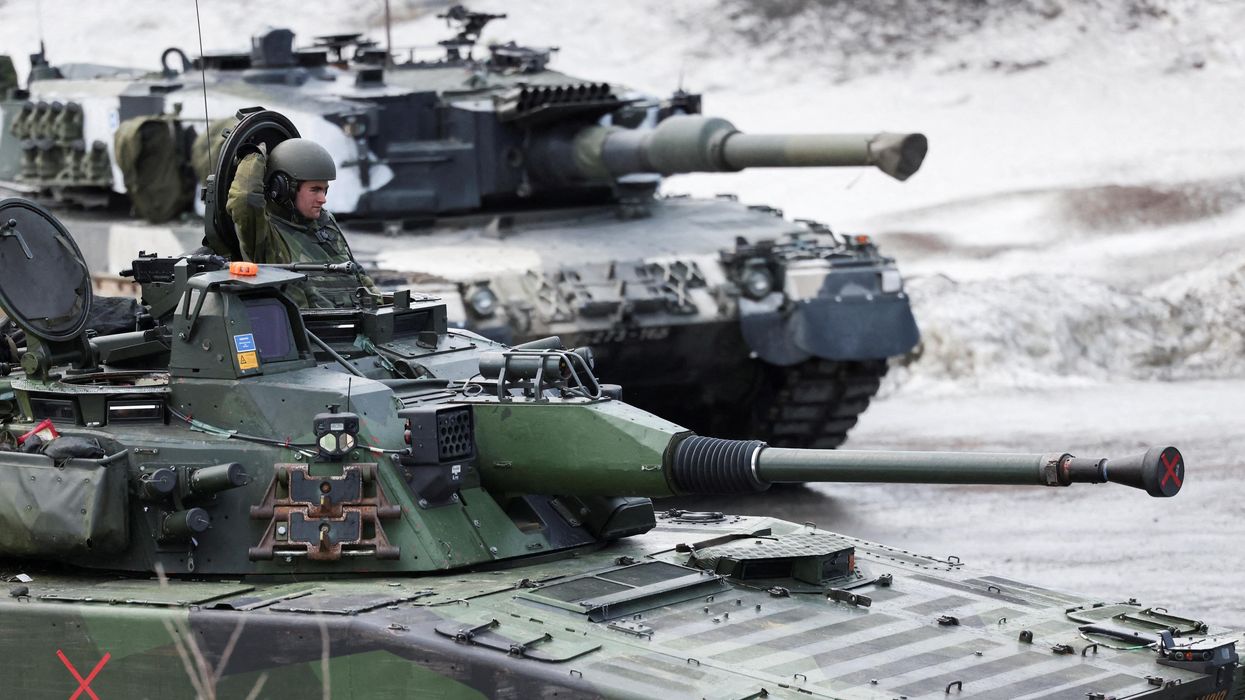GZERO Europe
Why Sweden and Finland joined NATO
Was the Swedish and Finnish decision to move into NATO, was that driven by fear of Russia attacking them? Carl Bildt, former prime minister of Sweden, shares his perspective on European politics from Hanoi, Vietnam.
Mar 08, 2024

